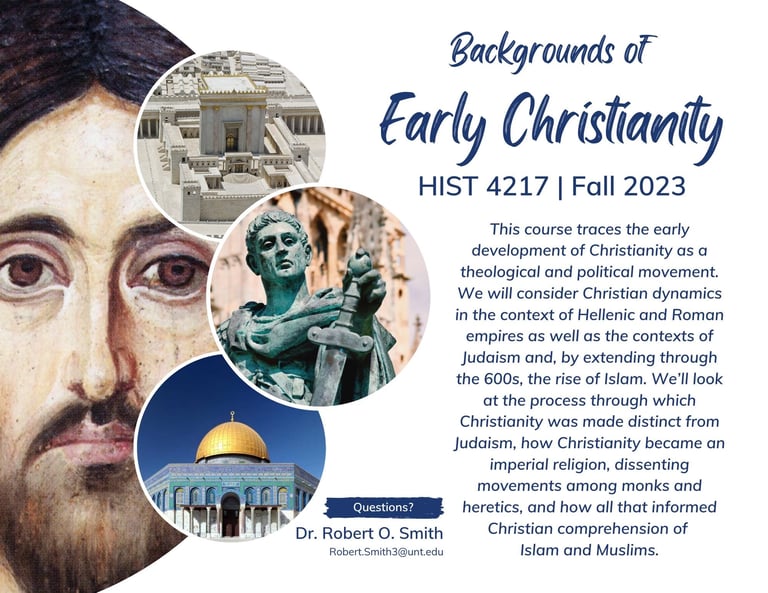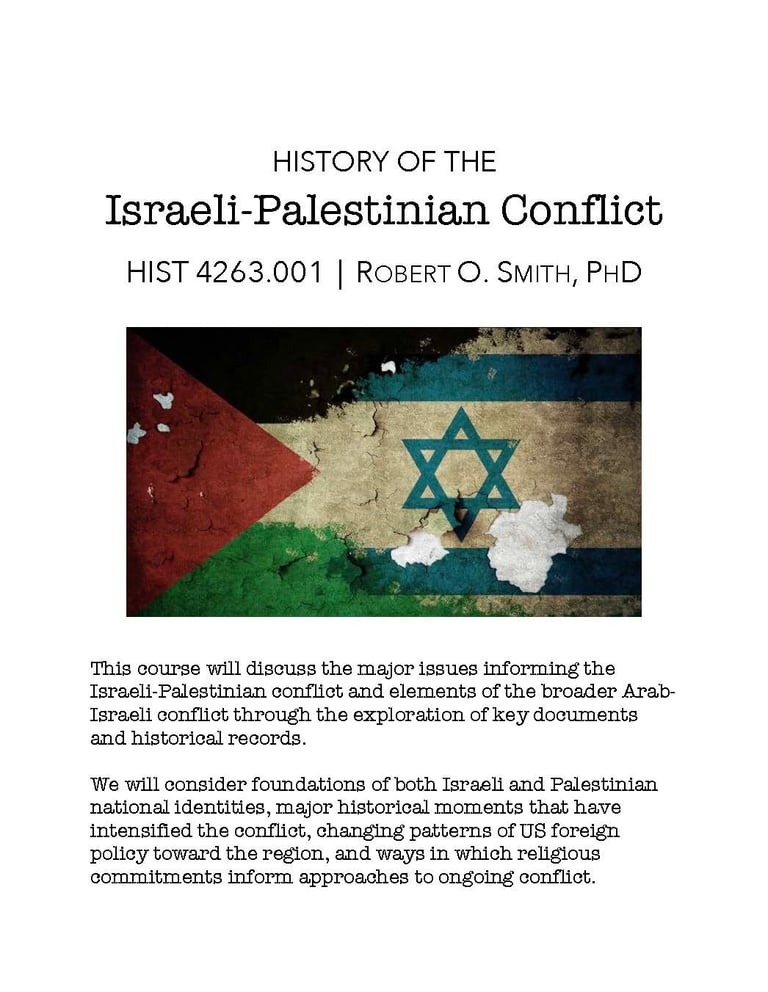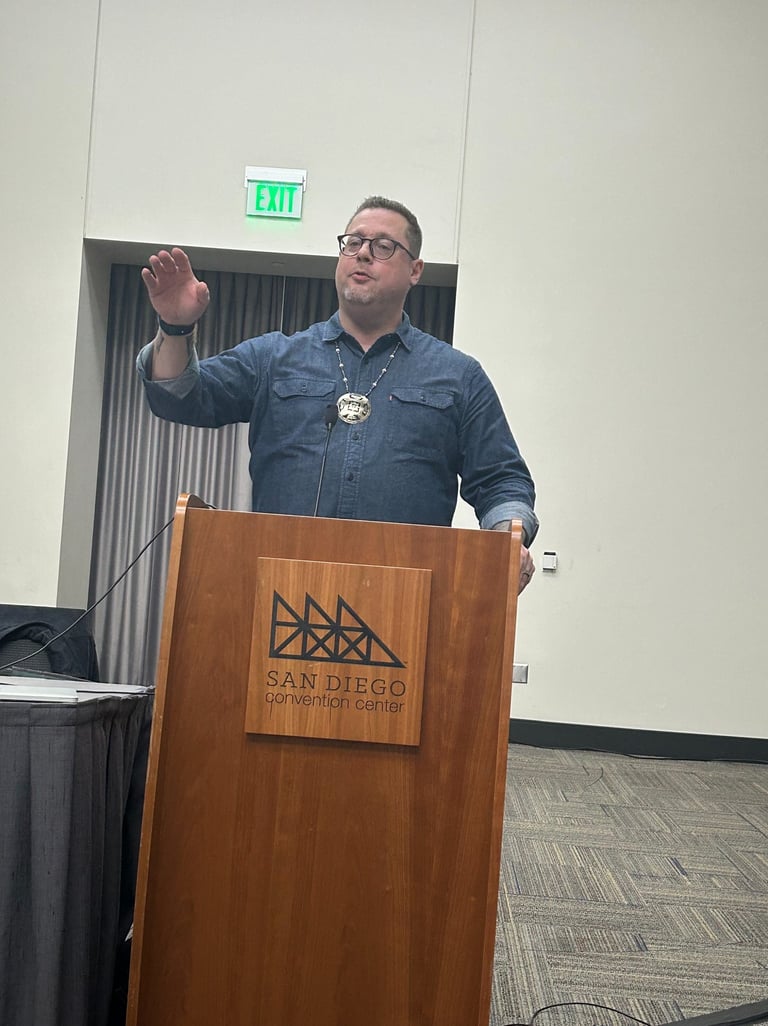Teaching
A highly rated and skilled interdisciplinary teacher.


Indigenous Research Methods
Critical Indigenous Studies has emerged as a new field of inquiry in which American Indian and Indigenous scholars are rethinking their self-presentation in the global academy. This transdisciplinary course will survey the latest scholarship and invite emerging scholars into the conversation. After becoming acquainted with recent literature exploring Indigenous methodologies, we will explore a variety of topics addressed by Indigenous scholars with an eye toward identifying the distinctive features and insights surfaced by Indigenous research and communication methods. Students will be invited to bring their own research interests into the learning space to explore how the methods we encounter can enhance their projects.


Backgrounds of Early Christianity
This course will explore the early development of Christianity as a theological and political movement. We will consider Christian dynamics in the context of Hellenic and Roman empires as well as the contexts of Judaism and, by extending through the 600s, the rise of Islam. More specifically, we’ll look at the process through which Christianity was made distinct from Judaism, how Christianity became an imperial religion, dissenting movements among monks and heretics, and how all that informed Christian misunderstanding of Islam and Muslims.


History of the
Israeli-Palestinian Conflict
This course explores major historical elements of the Israeli-Palestinian conflict and the broader Arab-Israeli conflict. Foundations of Israeli and Palestinian national identities, major historical moments that have intensified the conflict, changing patterns of U.S. foreign policy toward the region, and ways in which religious commitments inform approaches to ongoing conflict.
Teaching Philosophy


In the classroom—whether I am leading a first-year introductory class with 150 students, or a graduate seminar with eight students—I believe in creating a space that builds community and encourages interaction. I believe in the circle as a spatial configuration that invites personal interaction among all classroom participants, myself included. As an instructor, I join our classroom circle in recognition of my students’ own funds of knowledge, and believe but also verbally communicate to my students that our learning process includes growth for both them as students and me as the teacher. I craft assignments that encourage students to locate themselves in the text so that our discussions represent students’ own varied and diverse ways of knowing. I frequently make use of visual media and social media platforms, as I believe the inclusion of these visual texts and communication modalities provide accessible, student-centered, popular culture approaches to contemporary social issues. In turn, students are asked to reflect on and compose assignments that adhere to departmental and program standards, while engaging in social issues that relate to their own diverse lives and experiences as college students. Specific course projects include ethnographic interviews, composing narrative-informed counterstories, and digital projects in which students present their findings as multimodal representations of their data.
Scholar
Exploring race, religion, and indigeneity.
CoNNECT
Check out my Academia.edu for open access articles, book chapters, and more!
© 2024. All rights reserved.
